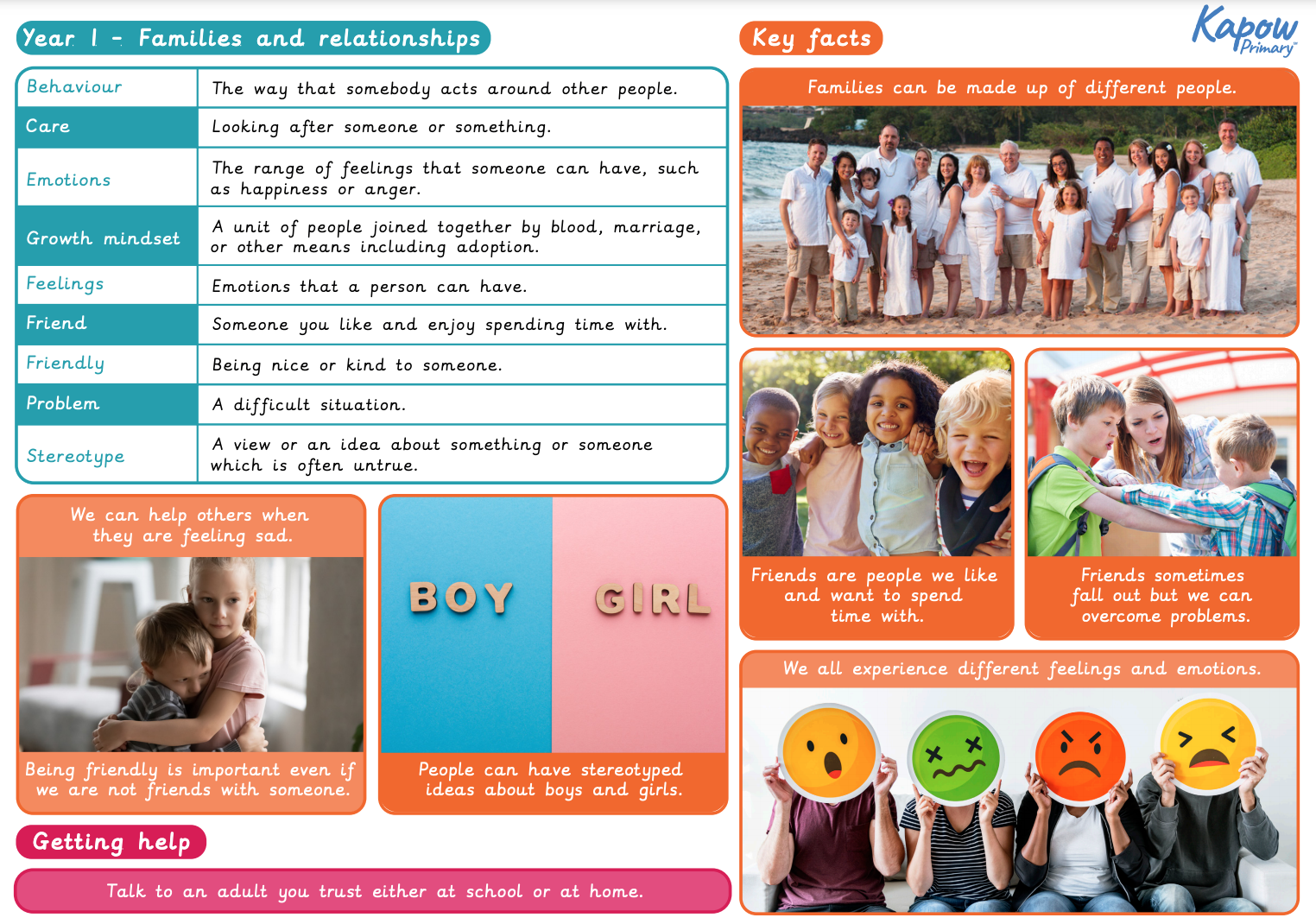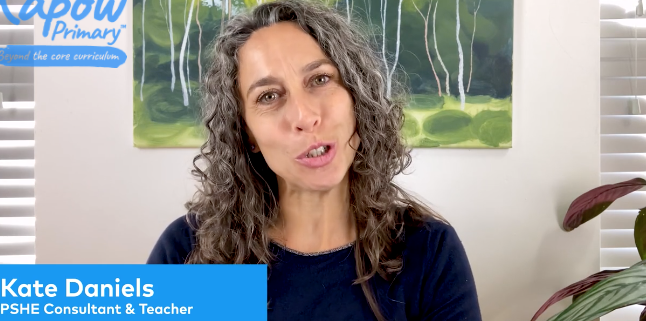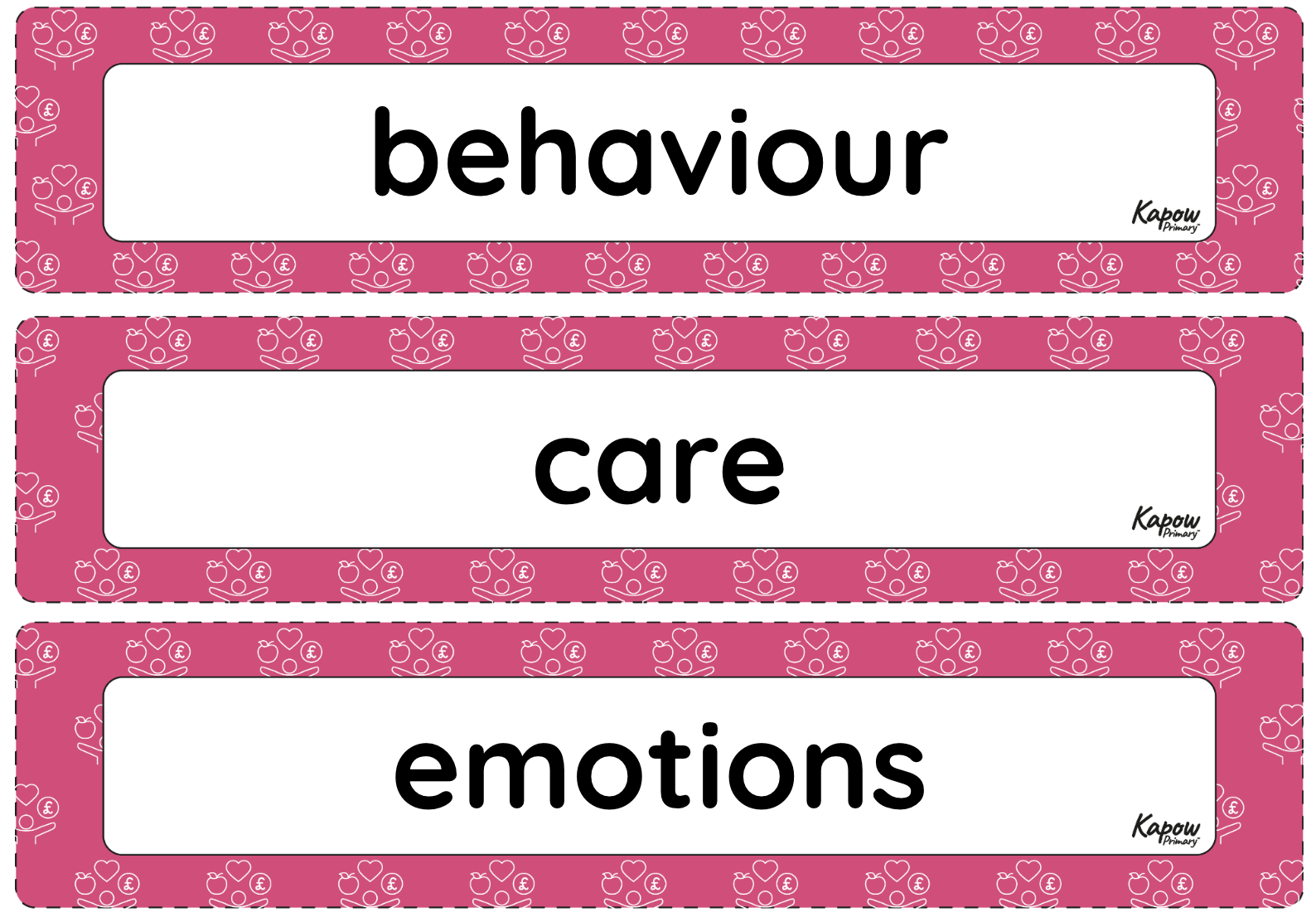Year 1 Family and relationships
This unit hub can be used to inform your medium term plan and to navigate to related resources.
- Subjects >
- RSE & PSHE >
- Key stage 1 >
- Year 1 >
-
Y1 Families and relationships
Unit outcomes
Pupils who are secure will be able to:
- Understand that families can include a range of people.
- Understand who their friends are and what people like to do with friends.
- Describe what people might look like if they are feeling: angry, scared, upset or worried.
- Identify ways of responding to this by either offering help or giving them space.
- Understand the skills needed to work together in a group.
- Understand that friendships can have problems and learn ways to overcome these problems.
- Understand how the actions of others can affect people.
- Explain what a stereotype is.
Suggested prior learning
Y1 Introduction: Setting ground rules for RSE & PSHE
Get startedLessons
Lesson 1: What is family?
- To understand that families look after us.
Lesson 2: What are friendships?
- To begin to understand the importance and characteristics of positive friendships.
Lesson 3: Recognising other people’s emotions
- To recognise how others show feelings and how to respond.
Lesson 4: Working with others
- To begin to understand how friendships can make us feel.
Lesson 5: Friendship problems
- To begin to understand that friendships can have problems but we can overcome them.
Lesson 6: Healthy friendships
- To begin to understand that being friendly to others makes them feel welcome and included.
Lesson 7: Gender stereotypes
- To begin to understand what is meant by a stereotype.
Key skills
Key knowledge
Related content
Unit resources

Knowledge organiser: Family and relationships
A summary of the most important information for pupils. Captures the key facts and definitions from the RSE PSHE Year…

Videos: Families and relationships
A collection of unit-specific Q&A videos with RSE & PSHE Consultants to support the teaching of the families and relationships…

Vocabulary display – RSE & PSHE Y1: Families and relationships
A display version of the key vocabulary from the unit 'Families and relationships'.
Cross-curricular opportunities
Art and design
‘Pupils should be taught:
- to use drawing, painting and sculpture to develop and share ideas, experiences and imagination’
See National curriculum - Art and design key stages 1 to 2.
English
‘Pupils should be taught to:
- listen and respond appropriately to adults and their peers
- maintain attention and participate actively in collaborative conversations, staying on topic and initiating and responding to comments
- use spoken language to develop understanding through speculating, hypothesising, imagining and exploring ideas
- participate in discussions, presentations, performances, role play, improvisations and debates’
See National curriculum - English key stages 1 to 2.
Design and technology
‘Pupils should be taught to:
- select from and use a range of tools and equipment to perform practical tasks [for example, cutting, shaping, joining and finishing]’
See National curriculum - Design and technology key stages 1 to 2.
Mathematics
‘Pupils should be taught to:
- interpret and construct simple pictograms, tally charts, block diagrams and simple tables’
See National curriculum - Mathematics key stages 1 to 2.
British values: Mutual respect.

